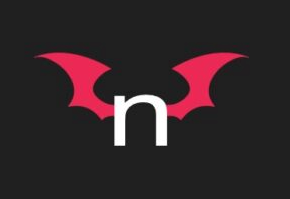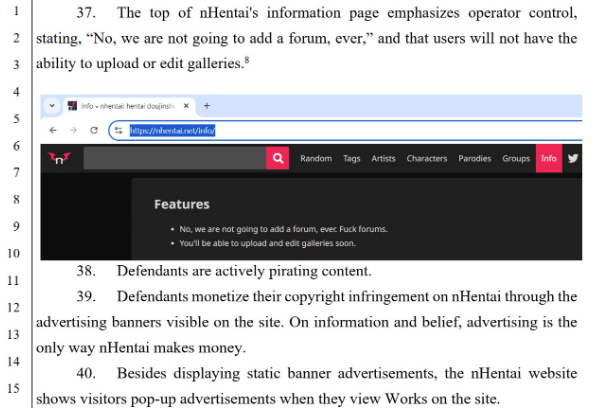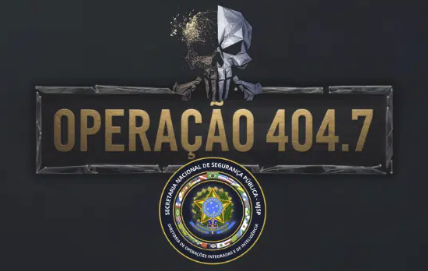nHentai Sued for Copyright Infringement by California Company
Popular adult site nHentai, which draws tens of millions of visitors each month, is facing a copyright infringement lawsuit from PCR Distributing, a California-based company that operates various hentai brands such as J18 and JAST USA. The lawsuit claims that nHentai has repeatedly failed to respond to DMCA takedown notices and continues to distribute copyrighted material without permission.
With the rise in popularity of manga and anime worldwide, including their adult versions known as hentai, piracy has become a significant issue. In June 2023 alone, nHentai.net received nearly 80 million visits, making it a prime target for copyright holders like PCR, who see the platform as a threat to their business.

PCR initially sought a DMCA subpoena to unmask the site’s operators through Cloudflare, which provides services to nHentai. However, nHentai’s legal team contested the request, arguing that disclosing personal information should not be permitted. While the court has yet to decide on this subpoena, PCR escalated the matter by filing a copyright infringement lawsuit.
The complaint describes nHentai as a non-user-generated content platform that hosts professionally created hentai works, much of which, according to PCR, is unauthorized. As a result, nHentai does not qualify for DMCA’s safe harbor provisions, which protect platforms that host content uploaded by users.

PCR previously attempted to resolve the issue out of court when nHentai proposed a confidential settlement agreement in 2023. However, PCR declined, insisting that the infringing works be removed from the site, a request that has so far been ignored.
Now, PCR seeks damages and a broad injunction that could lead to nHentai being effectively shut down. The injunction would block the site’s domain from being accessible in the U.S. through measures such as search engine delisting, hosting bans, and ISP blocks. It may even result in the transfer of the nHentai.net domain to PCR.

As of now, nHentai has not formally responded to the lawsuit, though its legal opposition to the earlier subpoena suggests it will challenge the claims in court.







